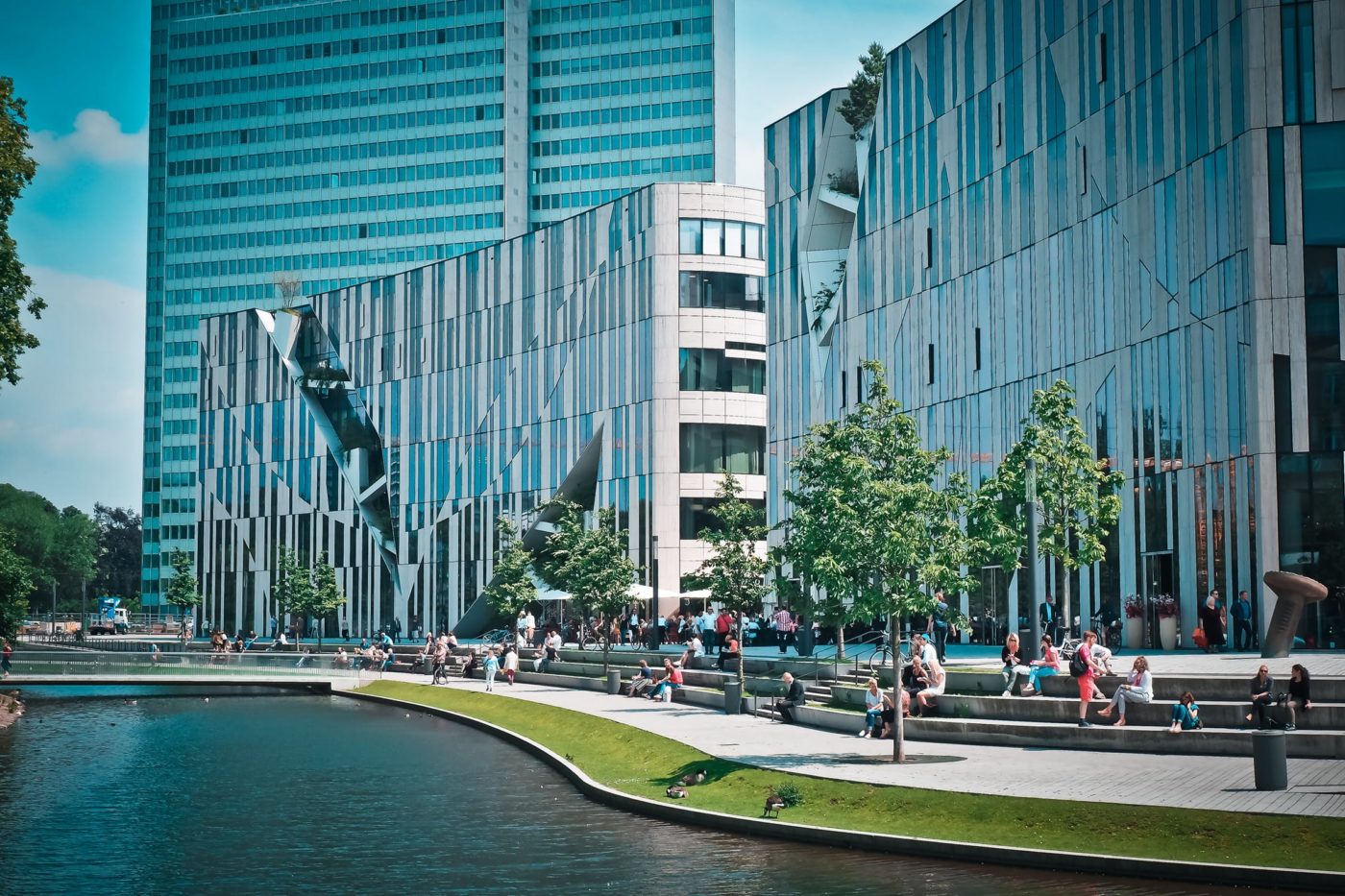
What to do After a Relapse
While relapse does not necessarily have to be a part of the recovery process, it is for many people. Relapse can be the defining moment of a person’s life; either they fall back into previous addiction and old behaviors, or they learn from the experience and incorporate that lesson into their new, sober life. Relapse is nothing to feel ashamed about! The people in 12-step meetings are incredibly understanding and forgiving and will welcome any back into the program with open arms. Also, keep this in mind: the progress you’ve made while in recovery does not just get wiped clean after a relapse. Recovery is not a linear process. So what to do after a relapse? Read on for a few helpful tips to stay on the right path.
-
Forgive Yourself and Understand the Reason Behind the Relapse
There are many things that can lead a person back out and it is important to understand what caused the setback. A relapse is not a failure of character, but usually a coping response to a number of different factors in life. It could be a loss, a lack of participation in 12-step meetings and step-work, an emotionally trying time, or a result of being put into a high-risk situation: all of these factors can lead to a relapse. This does not mean that you’ve lost all the progress that you’ve made during your sober life. Get back on the horse, realize what happened, and forgive yourself.
-
Ask for Help
Like we previously mentioned, 12-step members are always willing to lend a helping hand, free from personal interest or gain. Asking for help can be scary, especially if you feel a sense of shame after a relapse. Our professional advice is to realize that relapse is not a shameful thing; rather, it should be viewed as a learning experience, not a mistake. Always remember to be kind to yourself. Building a large support network of sober friends and mental health professionals (psychiatrist, psychologist, etc.) can be a great way to make sure that a relapse does not turn into a trip to rehab or a detox facility.
-
What Are Your Triggers?
Knowing what your triggers are is an essential component of avoiding another future relapse. W
-
Avoid the Revolving Door
The “revolving door phenomenon” occurs when a person repeatedly attempts to get sober but fails to do so. This can involve multiple trips to rehabs, detoxes, and outpatient therapy groups without successful long-term sobriety. The key is to be disciplined and to fill your life with activities and work that make your life meaningful. A relapse is simply an opportunity for more growth and self-understanding. The Latin root of the word “relapse” means to “slip back” and that is all a relapse has to be: a slip. A full-blown relapse does not need to occur if you have the proper tools and support group around you.
-
Consider Treatment
If your relapse has turned into a lifestyle again, a medically-supervised detox and rehab may be the best option to get your life back in check. Nothing is more important than physical, mental, and spiritual health, which are usually the first things to go when an addict relapses. There is nothing wrong asking for help. Addiction is often a life-and-death situation for many addicts; with national overdose rates on the rise, addiction must be taken seriously.
Virginia Addiction Consulting
After a relapse, there are a few things an addict can do to mitigate any potential damage. Forgive yourself and understand the reasons behind the relapse. A relapse can be used as a powerful tool for self-development and growth, rather than a catastrophic downward spiral. A relapse can help you understand why you use in the first place, what your triggers are, and what you can do to prevent a future relapse. There is absolutely nothing wrong with asking for help; if there is no end in sight to the relapse, a treatment plan and rehab may be necessary to save the life of an addict.
Recovery Care Partner specializes in addiction consulting in Philadelphia, South Jersey, Richmond, Atlanta, Greenwich, and the Great Washington DC/Baltimore region. We have multiple solutions for pre-treatment and post-treatment concerns, including intervention, recovery care monitoring, transition coaching, and sober companionship and transport. A relapse does not have to be the end of the line. Call Recovery Care Partner at (855) 727-2887 or click here to visit our contact page.
Table of Contents







